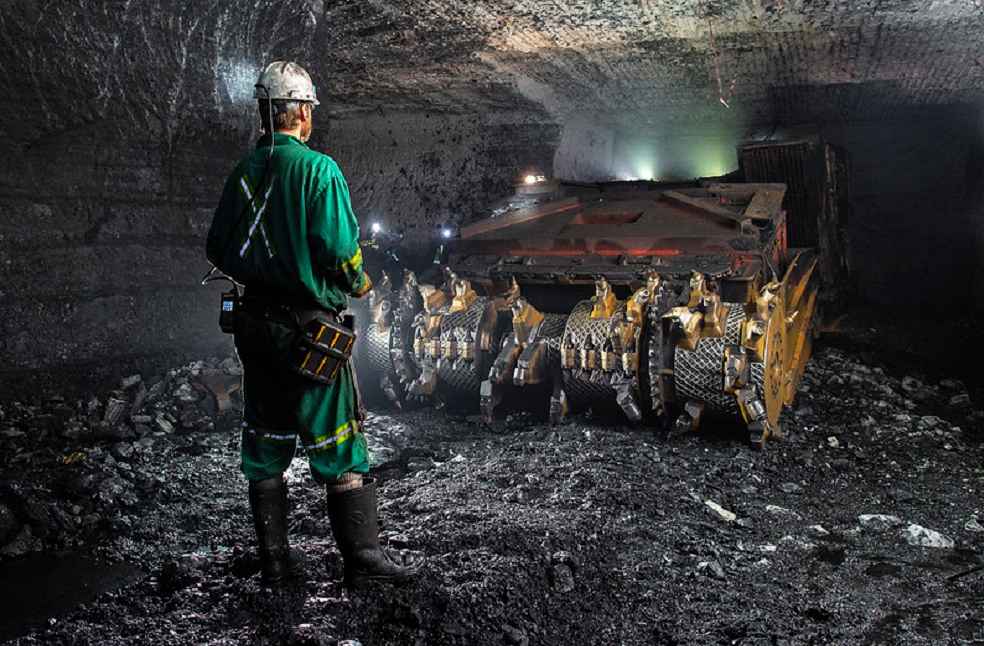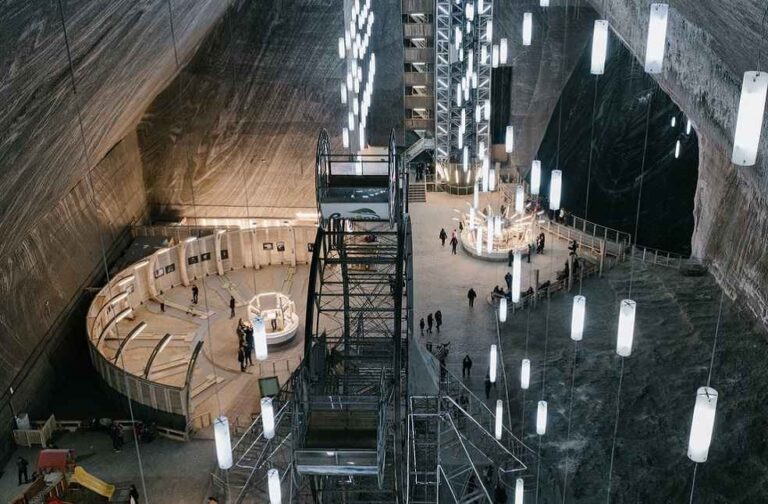Pakistan has launched a $150 million minerals processing complex in Punjab in collaboration with Saudi Arabia’s Anfal Group, aiming to reduce costly chemical imports and stimulate export growth through value-added mineral processing.
The project, reported by state media on Thursday, is being facilitated by the Punjab provincial government and Pakistan’s Special Investment Facilitation Council (SIFC), a civil-military platform established in 2023 to accelerate foreign investment in key economic sectors, including mining, agriculture, energy, and IT.
The new facility is part of Pakistan’s broader strategy to attract international investment into its underutilized minerals sector. The complex is expected to save the country around $2.9 billion annually by reducing reliance on imported chemicals and enabling exports of processed minerals such as rock salt.

Radio Pakistan noted that the venture “will open new opportunities for the export of key chemicals, including rock salt,” highlighting the economic potential of downstream mineral processing.
Saudi-based Anfal Group, known for its operations in industrial chemicals, construction materials, and salt processing, becomes one of the first foreign companies to invest under the SIFC’s minerals development initiative. Its involvement reflects Islamabad’s intention to deepen investment ties with Gulf nations in sectors offering long-term industrial returns.
Pakistan’s mineral wealth is vast but underexploited, with reserves estimated at $6 trillion. These include copper, gold, lithium, coal, rock salt, and iron ore. Despite this, the mining sector contributes only 3.2% to GDP and less than 0.1% to global mineral trade, primarily due to limited processing infrastructure and minimal value addition.

Currently, Pakistan produces approximately 68 million tons of minerals annually, most of which are exported in raw form. Significant projects under development include the Reko Diq copper and gold mine in Balochistan, a joint venture between Canada’s Barrick Gold and Pakistani government entities.
Other key assets include the world’s second-largest salt mines, extensive coal deposits in Sindh’s Thar region, and growing interest in lithium resources in Gilgit-Baltistan and Khyber Pakhtunkhwa.
In April, Pakistan hosted its first Minerals Investment Forum, unveiling the National Minerals Harmonization Framework 2025. The framework aims to simplify licensing, enhance regulatory oversight, and encourage investment in the extractives industry.
Officials hope that ventures like the Anfal-backed complex will mark a shift from an extractive economy to one focused on processing, job creation, and sustainable export growth.
BANKING & FINANCE | World Bank Lifts Nuclear Funding Ban to Tackle Rising Power Needs



